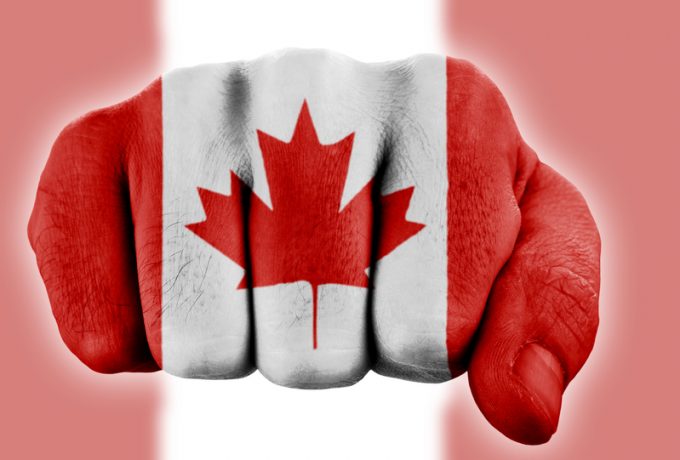Carriers warn of cargo disruption due to strikes at Munich Airport
Lufthansa Cargo (LC) has warned customers that strikes tomorrow and Friday at Munich Airport (MUC) ...

Forwarders and shippers have not yet begun to divert traffic away from the ports of Vancouver and Prince Rupert, but logistics providers expect the situation to escalate in the coming week.
Vancouver and Prince Rupert, along with 28 smaller ports on the coast of British Columbia, have been shut down by striking workers since 1 July, after contract negotiations between the International Longshore and Warehouse Union (ILWU) and the British Columbia Maritime Employers Association (BCMEA) broke down.
The union has accused the ...
'Disastrous' DSV-Schenker merger would 'disrupt European haulage market'
New senior management for DSV as it readies for DB Schenker takeover
Volumes set to 'fall off a cliff' as US firms hit the brakes on sourcing and bookings
Asian exporters scramble for ships and boxes to beat 90-day tariff pause
Temporary tariff relief brings on early transpacific peak season
Amazon pushes into LTL for small package fulfilment and UPS does a u-turn
Pre-tariff rush of goods from US to China sees air rates soar, but not for long
Forwarders 'allowing the fox into the chicken run' by supporting 'hungry' carriers

Comment on this article